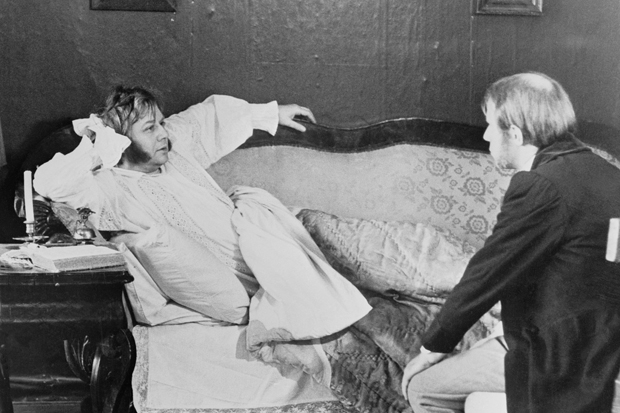Oblomov, first published in 1859, is the charming tale of a lazy but lovable aristocrat in 19th-century Russia. The novel’s eponymous hero cannot see the point of doing anything at all, and spends his time lying in bed or wandering around his St Petersburg flat in his beloved oriental dressing gown, bickering about the dusting with his manservant.

Disagree with half of it, enjoy reading all of it
TRY A MONTH FREE
Our magazine articles are for subscribers only. Try a month of Britain’s best writing, absolutely free.
Already a subscriber? Log in






Comments
Join the debate, free for a month
Be part of the conversation with other Spectator readers by getting your first month free.
UNLOCK ACCESS Try a month freeAlready a subscriber? Log in